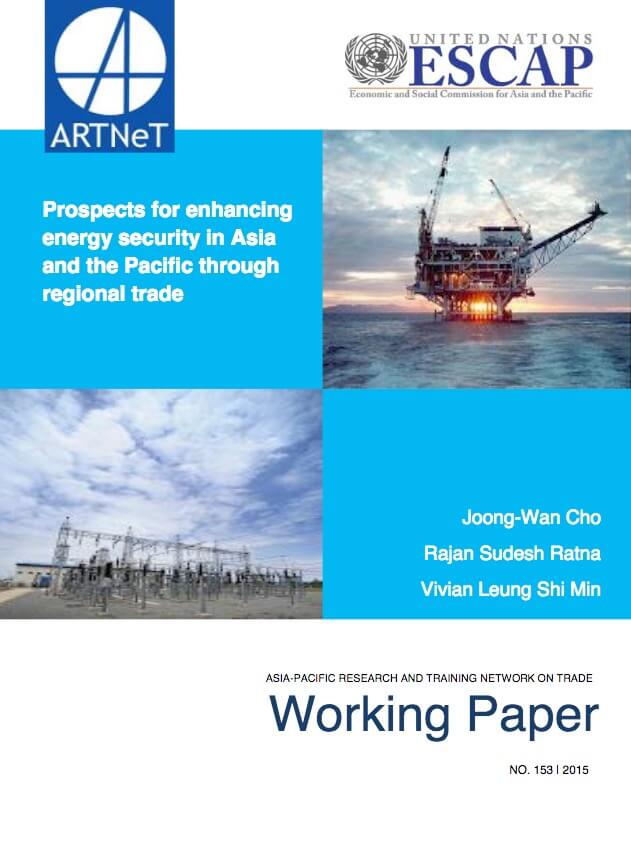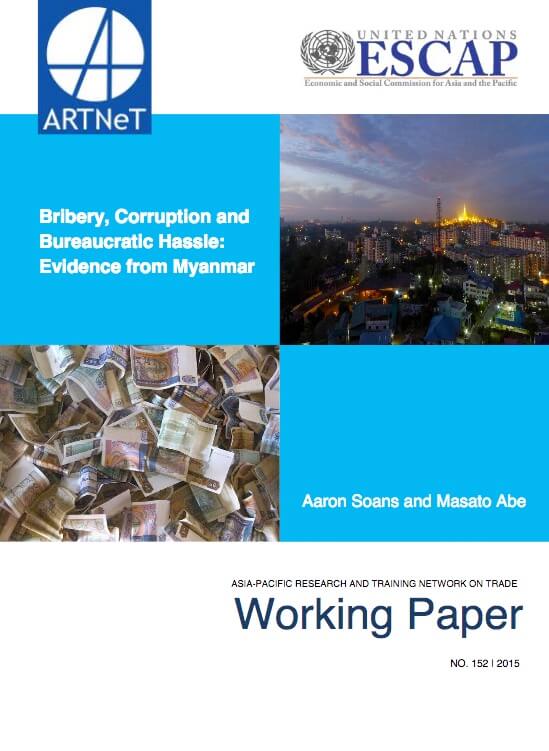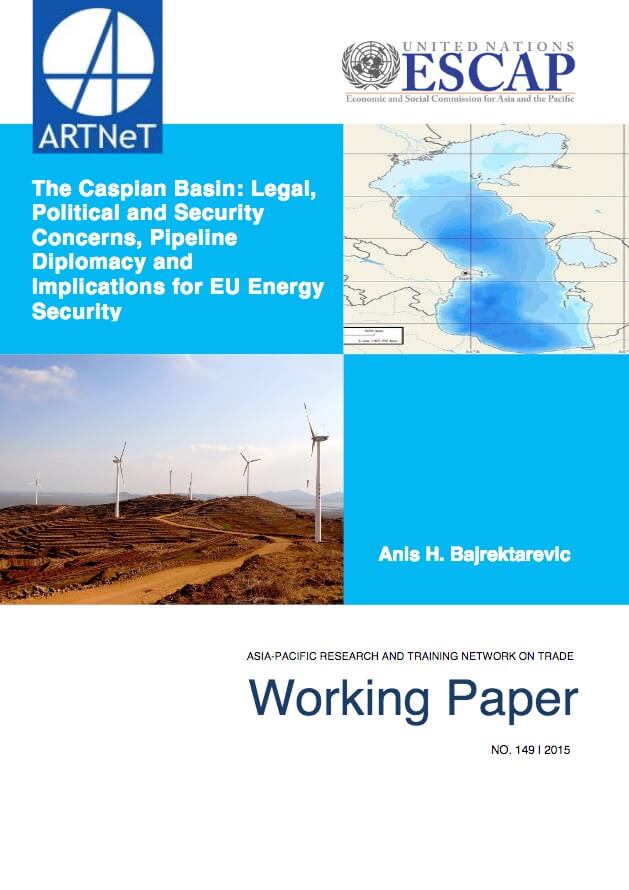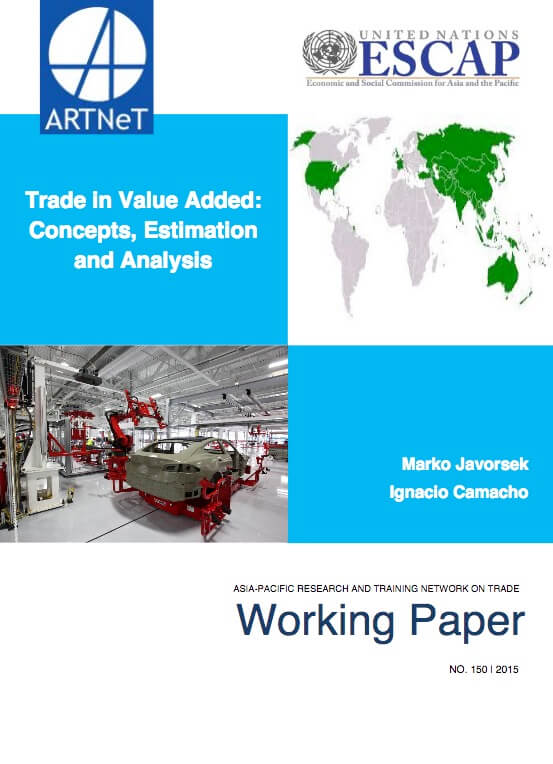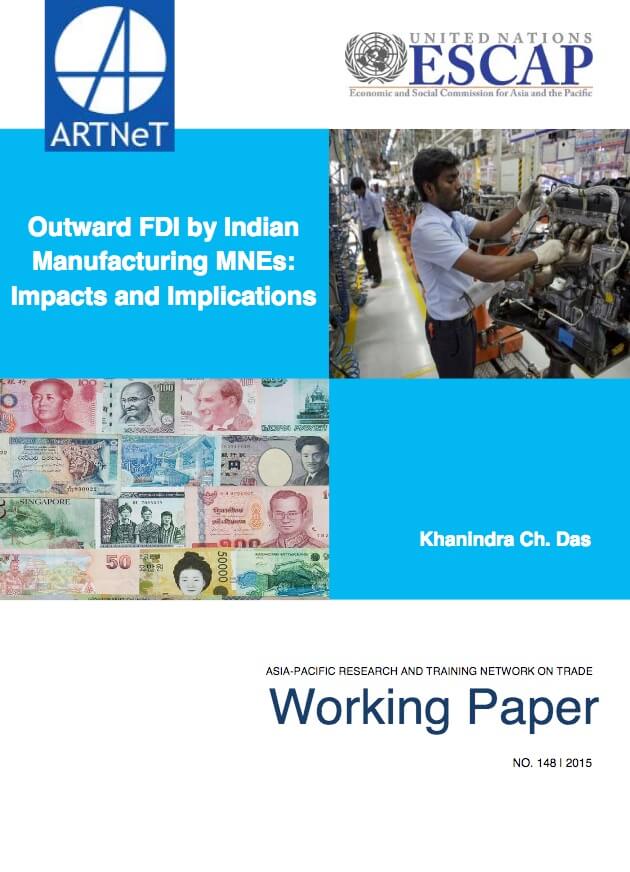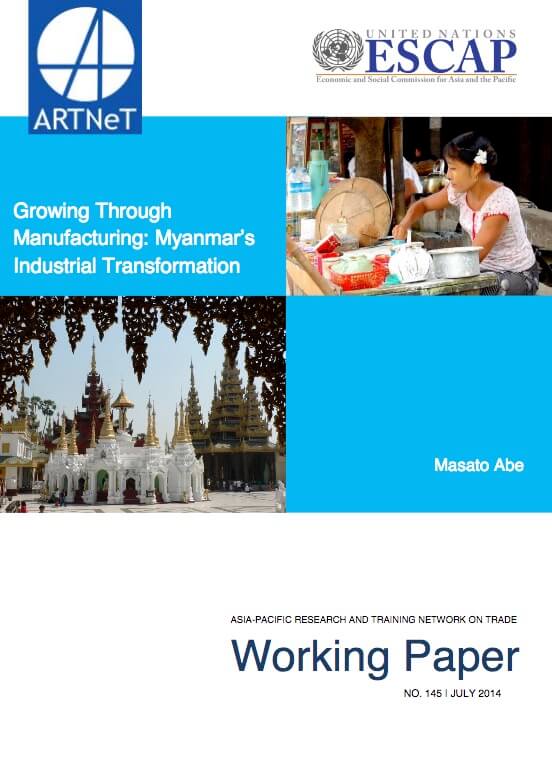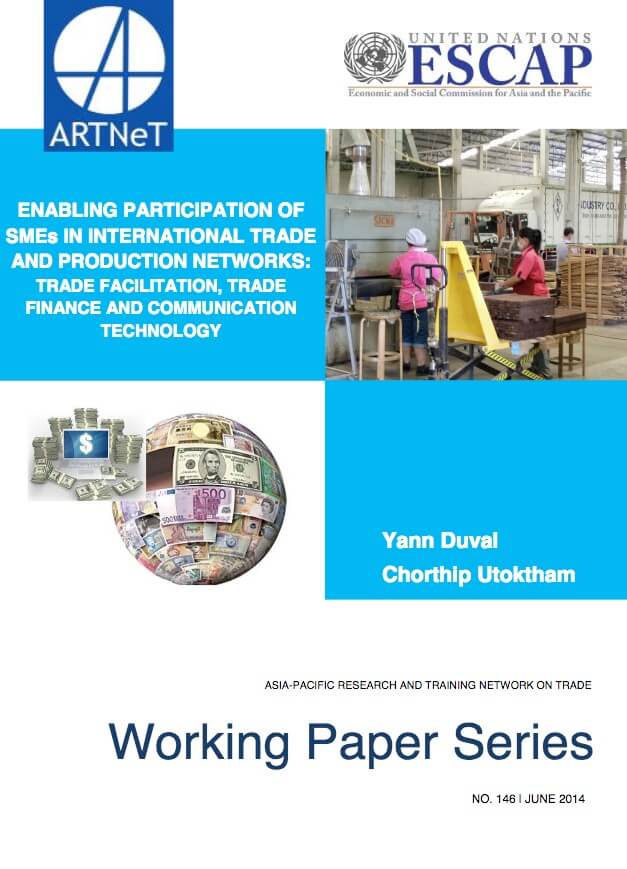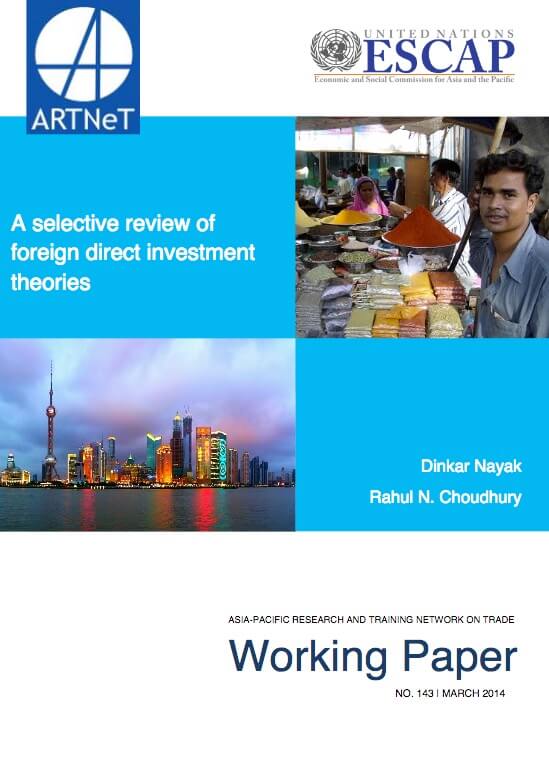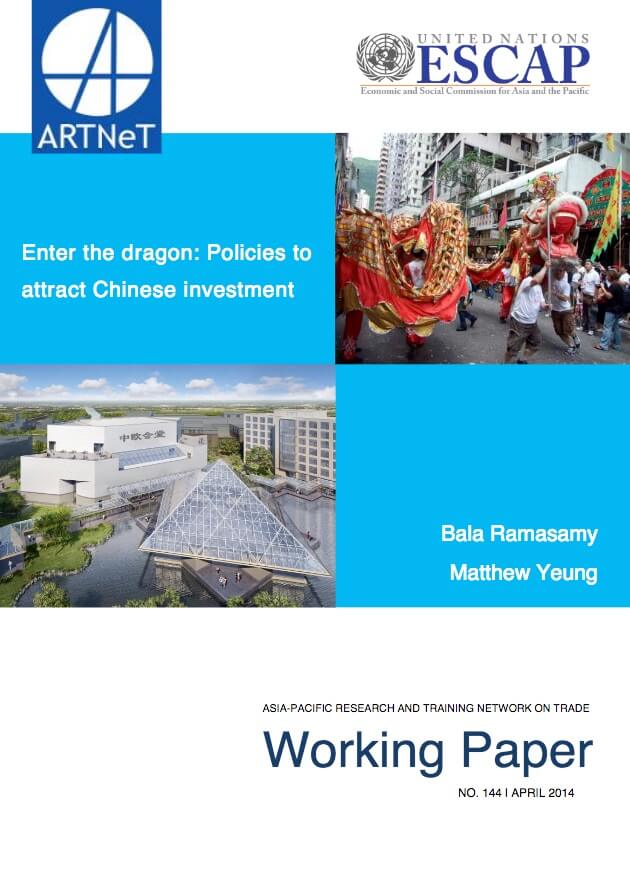Prospects for enhancing energy security in Asia and the Pacific through regional trade
Growing demand for raw materials and the expansion of the productive capacity of emerging economies have exacerbated the region’s high resource dependence, especially in energy, such as fossil fuels. A growth in energy demand, coupled with the high price volatility and dependence on fossil fuels, has made efforts for energy security more challenging than before.

